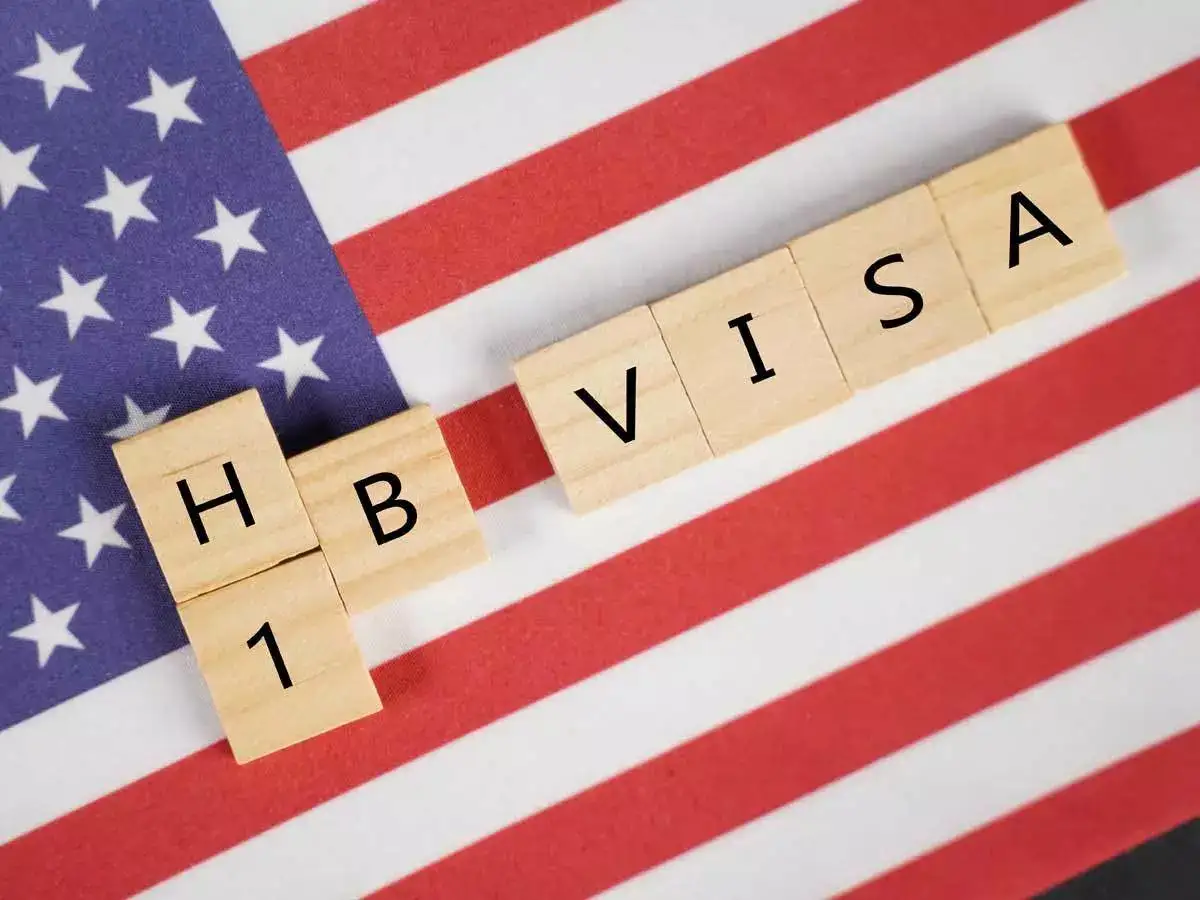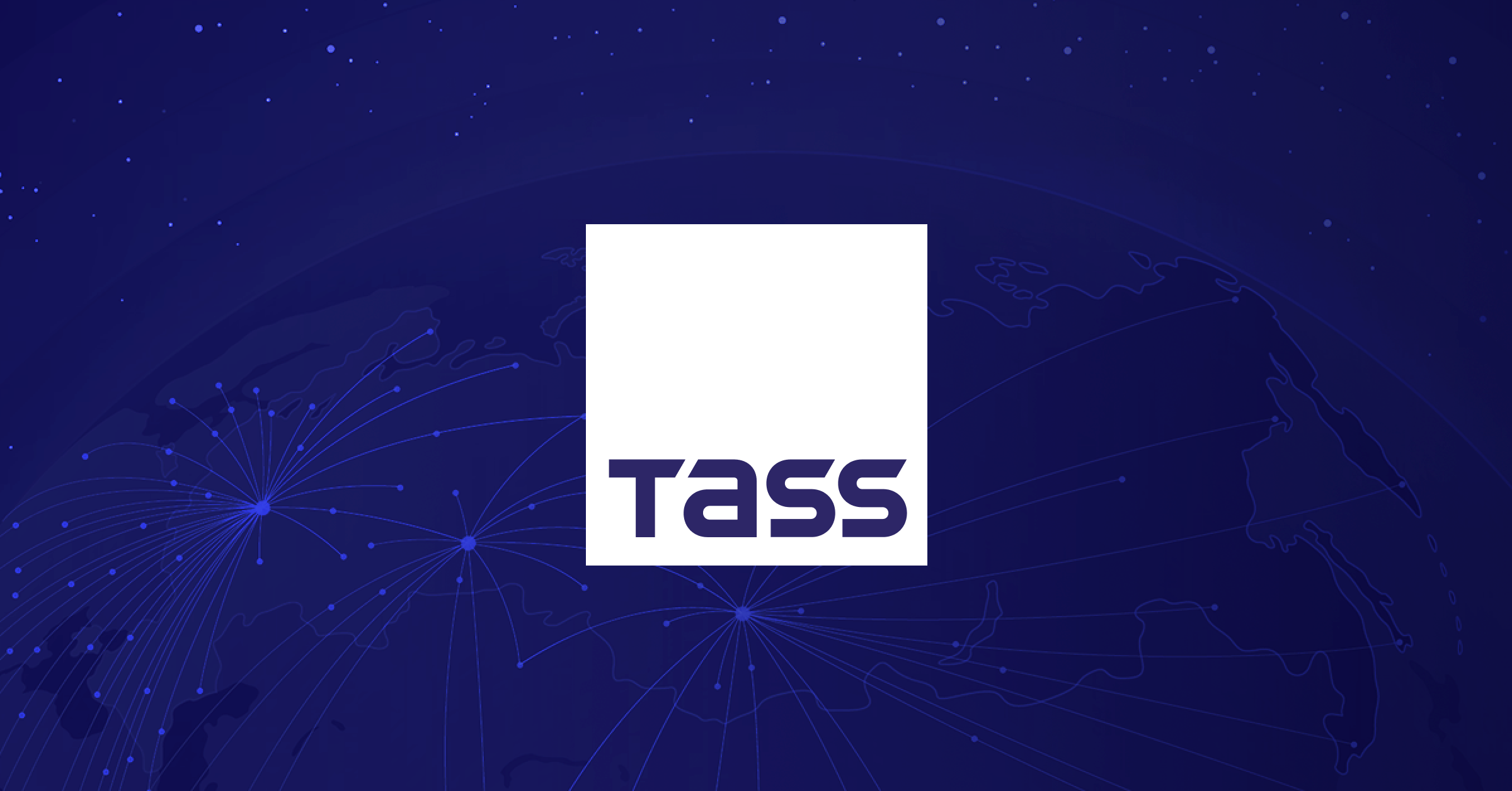By Himanshi Lohchab
Copyright indiatimes

The steep increase in US H1-B application fee will require India’s top IT services firms to spend $150-$550 million extra each in immigration fee, going by last year’s visa sponsorship numbers. This will significantly impact their delivery costs in the US market, which accounts for as much as 85% of their revenue and 3-5% of the industry’s active workforce.While offshoring will likely see an increase with companies executing more work outside the US, they must still sponsor workers for onsite roles requiring specialised skills, now at a sharply higher cost. Since the new H1-B visa application fee of $100,000 is around 10 times more than earlier, they may increase local hiring and subcontracting in the US, escalating the cost.Previously, an H-1B visa cost $7,500-10,000 depending on availing of premium processing services. Legal costs were on top of this. In the medium term, IT vendors may resort to higher subcontracting within the US and delivery from locations close to the clients, impacting their margins, some analysts said.Unless a court in the US strikes down the fee hike, experts said the impact for Indian IT vendors would be deflationary in fiscal 2027. Since the next round of lottery for the visas will be in March 2027 and the applications will be filed thereafter, they don’t expect any major impact this year.“Profitability will be impacted as the overhead costs will go up, but companies will also cut corners in what skills will have to be kept onshore, and if they can make do with fewer people,” said Akshat Vaid, partner at US consultancy and research firm Everest Group.Also, since the order is possibly for just about a year, companies will rethink if they need to renegotiate contracts for this short term, Vaid added.Industry players said the substantially high fee on H1-B workers is likely to further put pressure on the IT companies’ existing and new deals, as well as renewal of projects.“This may stretch the project implementation timelines of clients as people will not be available locally. For individual professionals, there will be disruption, especially around renewals and mobility, but over time both employees and companies will find new ways of working,” said Aditya Narayan Mishra, managing director and CEO of recruitment services firm CIEL HR.However, Mishra believes that Indian IT firms will not bear such cost and pass on it to clients directly or indirectly. “This will accelerate alternative talent models. With employers reluctant to commit to the heavy cost of sponsorship, we could see greater reliance on remote contracting, offshore delivery, and gig workers,” he said.Deals worth over $13 billion are in the process of renewals since July.Analysts foresee some dent in margins and profitability for the $283 billion technology outsourcing industry, which has been facing a sluggish market environment for the past three fiscal years.For Indian IT majors including Tata Consultancy Services, Infosys, HCLTech and Wipro, the impact on Ebitda (earnings before interest, tax, depreciation and amortisation), or the profit derived by a company from its core business operations, will be ranging from 7-15%, a senior analyst said on the condition of anonymity.For instance, TCS had around 7,000 people who got approval for H1-B visa in FY23 (October 2022 to September 2023). Assuming this comes up for renewal in October 2025 (FY26), the incremental impact of around $90,000 per petition would be 7-8% of Ebitda, the analyst explained.As of end-FY25, TCS had 5,500 employees on H1-B visa.Everest’s Vaid pointed out that the economics of the contracts might be that more offshore talent will be used where it can be, making projects relatively more offshore based. “Companies will prioritise having people with critical skills/tasks onshore, or those skills that are exempt from the order.”In an already disruptive mode due to a demand slowdown and impact of artificial intelligence, software service exporters will need to find newer working ways and models around the constantly changing policy in the US.“For IT vendors, localisation and subcontracting are already baked into their delivery models, making them relatively better placed to adjust,” as per a Motilal Oswal report.The report highlights that while the H-1B programme is often portrayed as an ‘India IT’ visa channel, in practice, Big Tech companies (Google, Amazon, Microsoft, Meta, etc.) account for a larger share of fresh applications than Indian IT.The real question, Mishra noted, is how long this policy can last, given its potential to undermine the competitiveness of the US economy itself.



